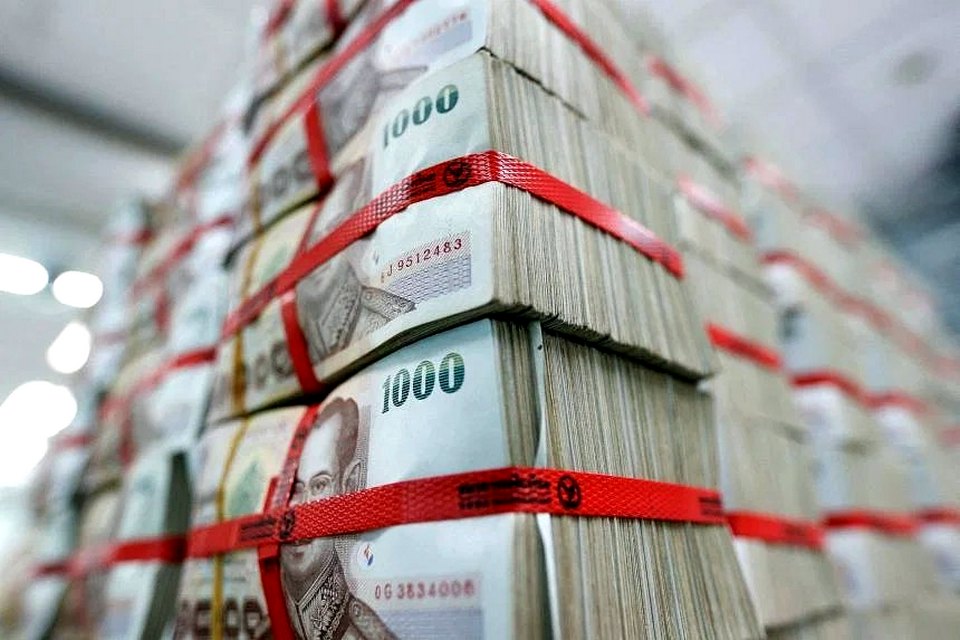
According to the UK-based Financial Times, the Thai currency has the best regional record since the Asian financial crash of 1998. The influential daily newspaper says the baht has held its own against the US dollar better than any other currency in the world with the single exception of the Swiss franc. So far in 2023, the Thai baht has strengthened around 5 percent against a basket of currencies. Thai governments have been wisely cautious about printing money, which boosts inflation, and have kept their deficits to around 1 percent of gross domestic product. That’s less than half the average for all the world’s emerging economies.
The external debts that foretold the 1998 crash have given way to surpluses as Thailand has built on its strengths in tourism and manufacturing which together now amount to 25 percent of gross domestic product. Thai headline inflation has averaged just over 2 percent, beating all 24 other emerging economies with the exception of China, Taiwan and Saudi Arabia. On foreign tourism, Thailand expects up to 30 million travellers in 2023 with the ending of covid restrictions, the reopening of the massive Chinese market and increased flexibility of the visa program to permit longer stays without leaving the country.
Government critics had assumed that political tensions and the military coups of 2006 and 2014 had weakened economic growth. Yet the country’s economy has managed to achieve stability in spite of periodic street revolutions and at least four new constitutions in the last quarter-century. The report offers no explanation of this phenomenon. It may have something to do with the regularity of coups – on average one attempt every eight years in the last 100 years. Immediately after most successful putsches, the baht has actually risen in value as a sign “calmness” is returning!
As regards the future, the report is optimistic about the baht. Steady foreign income assists Thailand to remain one of the most open emerging economies. Tourist hotspots have expanded to include medical and wellness services with foreign visitors now contributing 12 percent of gross domestic product. Per capita income has increased from US$3,000 in 1997 to US$8,000 now. In January 2023 Thailand had the 15th largest foreign exchange reserves in the world, falling only one place since the pre-covid era.
Equally, there are negative features which could impact the baht later in 2023. Some gurus think the expansion of foreign tourism in Thailand may be overblown with the global economy slowing, the Ukraine war continuing, airfares rising and incomes of potential travellers falling. Household and credit card debts here are higher than in most competitor countries. Pornchai Thiraveja, director of the fiscal policy office, said this week that the improvement in the Thai baht reduces the competitiveness of Thai exports, particularly from rice and seafood as buyers must use more foreign currency to purchase. Yet Thailand remains the second-biggest economy in 10-member ASEAN. She’s in better shape to face the global problems of 2023 than most of her neighbors.





